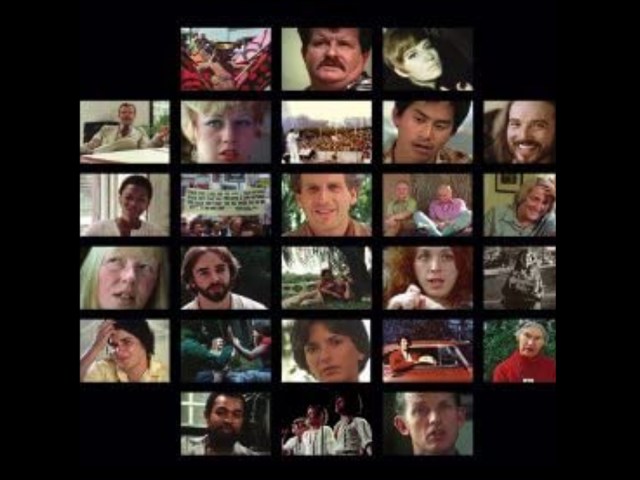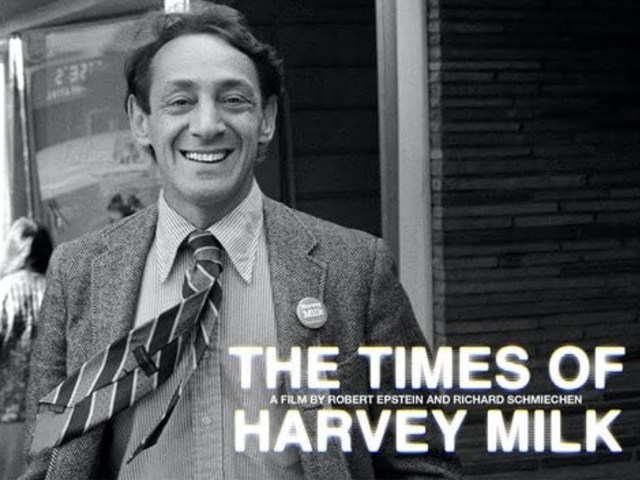- Film
Docs: “Word Is Out” (1977) Restored
Word is Out: Stories of Some of Our Lives debuted in 1977 as the first feature-length documentary about lesbian and gay identities and lifestyles, made by openly gay filmmakers. The Mariposa Film Group, comprising Peter Adair, Nancy Adair, Andrew Brown, Rob Epstein, Lucy Massie Phenix (Winter Soldier) and Veronica Selver, sought to create a film that would be free of political didactics, one that would simply tell the stories of what it means to grow up gay in America.











